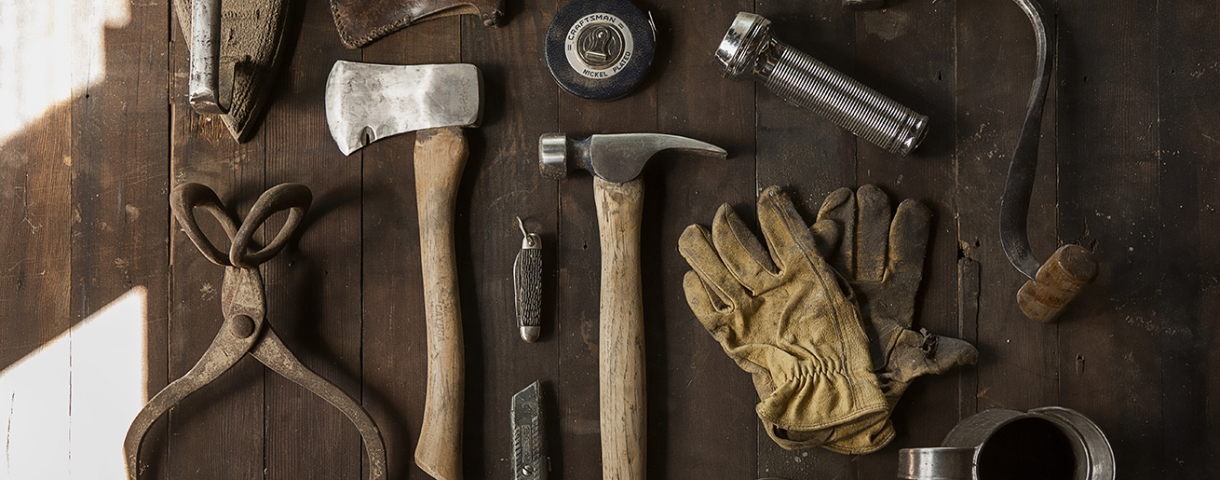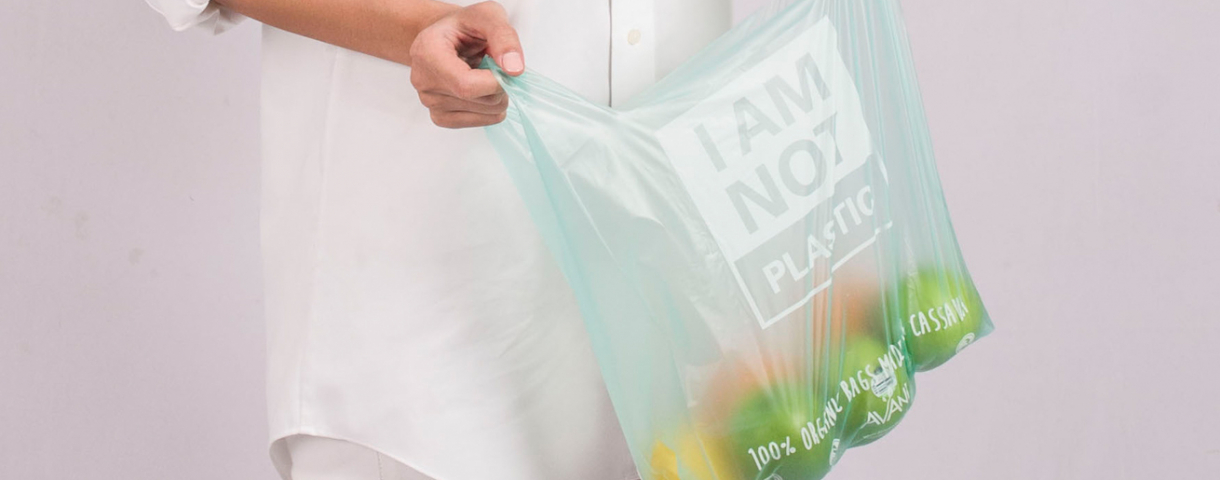CO2 emissions from the burning of fossil fuels are the primary cause of global warming. And while much attention has been focused on the CO2 directly emitted by each country, relatively little attention has been paid to the amount of emissions associated with the consumption of goods and services. Consumption-based accounting of CO2 emissions differs from traditional, production-based inventories because of imports and exports of goods and services that - either directly or indirectly - involve CO2 emissions
The Swedish government is therefore introducing tax breaks on repairs to discourage throwing out old or broken items and buying new ones. It will also submit a proposal that will allow people to claim back from income tax half of the labor cost on repairs to appliances such as fridges, ovens, dishwashers, and washing machines. On bikes and clothes, specifically, VAT has been reduced from 25% to 12%, and on white goods consumers can claim back income tax due on the person doing the work. Estimates suggest that the VAT cut will reduce the cost of a repair worth 400 SEK (£36) by about 50 SEK (£4.50).
Hopes are, that the tax break on appliances will spur the creation of a new home-repairs service industry, providing much-needed jobs for new immigrants who lack formal education. The incentives are part of a shift in government focus from reducing carbon emissions produced domestically to reducing emissions tied to goods produced elsewhere.






